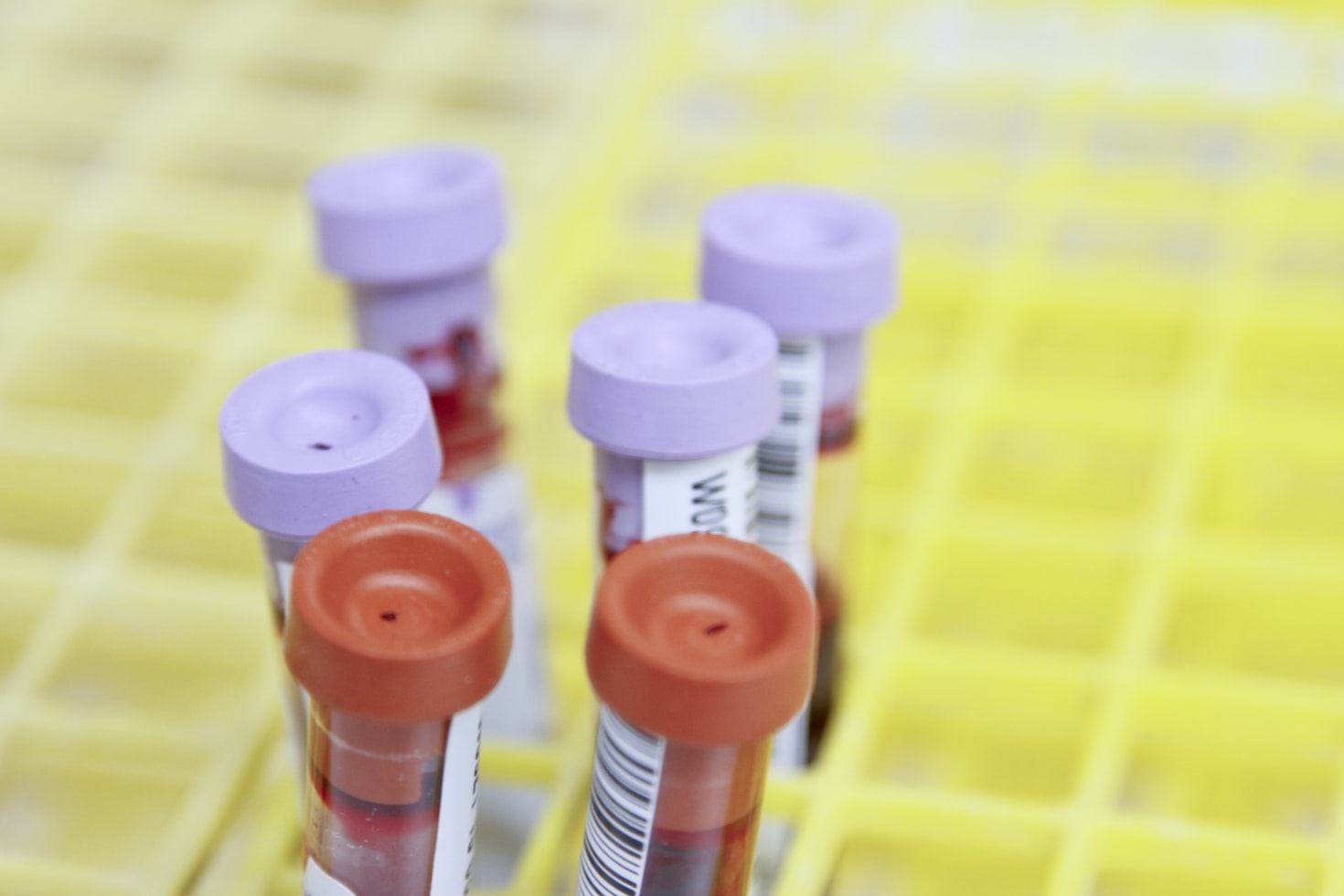How Does Ketosis Affect Blood Tests
Ketosis is a metabolic state in which the body starts using fat as its primary source of fuel instead of carbohydrates. This state is achieved through a low-carbohydrate, high-fat diet, such as the popular ketogenic diet. While ketosis has been associated with various health benefits, it can also have an impact on blood test results. In this article, we will explore how ketosis affects different blood tests and what individuals on a ketogenic diet should be aware of when interpreting their results.
1. Lipid Profile
One of the most significant changes that occur during ketosis is the alteration of lipid metabolism. When the body is in ketosis, it breaks down stored fat into ketones, which are then used as an energy source. This process can lead to changes in the lipid profile, including increased levels of triglycerides and decreased levels of LDL cholesterol.
It is important to note that these changes are often temporary and can vary from person to person. Some individuals may experience a significant increase in triglyceride levels, while others may see a decrease. Therefore, it is crucial to consider the individual’s overall health and consult with a healthcare professional to interpret the lipid profile accurately.
2. Blood Glucose Levels
Another significant impact of ketosis on blood tests is the effect on blood glucose levels. In a state of ketosis, the body relies on ketones for energy instead of glucose. As a result, blood glucose levels tend to decrease, which can be beneficial for individuals with diabetes or insulin resistance.
However, it is essential to monitor blood glucose levels carefully, especially for individuals with diabetes who are on medication. The ketogenic diet can significantly lower blood glucose levels, potentially leading to hypoglycemia if medication doses are not adjusted accordingly. Regular monitoring and consultation with a healthcare professional are crucial to ensure proper management of blood glucose levels.
3. Liver Function Tests
Ketosis can also affect liver function tests, which are used to assess the health of the liver. During ketosis, the liver produces ketones as a byproduct of fat metabolism. This increased production of ketones can sometimes lead to elevated liver enzymes, such as alanine aminotransferase (ALT) and aspartate aminotransferase (AST).
However, it is important to note that these changes are usually mild and transient. In most cases, they do not indicate any liver damage or dysfunction. Nevertheless, individuals on a ketogenic diet should still monitor their liver function tests regularly and consult with a healthcare professional if any significant abnormalities are observed.
4. Electrolyte Levels
The ketogenic diet often leads to increased water loss due to the diuretic effect of ketones. This can result in changes in electrolyte levels, particularly sodium, potassium, and magnesium. Low carbohydrate intake can also affect the body’s insulin levels, which can further impact electrolyte balance.
Individuals on a ketogenic diet should pay close attention to their electrolyte levels and ensure they are consuming adequate amounts of electrolyte-rich foods or supplements. Imbalances in electrolytes can lead to symptoms such as muscle cramps, fatigue, and irregular heart rhythms.
5. Thyroid Function Tests
Some studies suggest that ketosis may affect thyroid function tests, particularly thyroid-stimulating hormone (TSH) levels. TSH is a hormone produced by the pituitary gland that stimulates the thyroid gland to produce thyroid hormones. Changes in TSH levels can indicate an underactive or overactive thyroid.
However, the evidence regarding the impact of ketosis on thyroid function tests is limited and conflicting. Some studies suggest that ketosis may lower TSH levels, while others show no significant changes. Therefore, individuals on a ketogenic diet should consult with a healthcare professional if they have any concerns about their thyroid function.
6. Kidney Function Tests
There is a common misconception that the ketogenic diet may be harmful to kidney function. However, research suggests that the diet is generally safe for individuals with healthy kidneys. In fact, the ketogenic diet has been used as a therapeutic approach for certain kidney conditions, such as epilepsy-related kidney stones.
Nevertheless, it is still important to monitor kidney function tests, such as blood urea nitrogen (BUN) and creatinine levels, especially for individuals with pre-existing kidney conditions. Adequate hydration and regular monitoring are essential to ensure kidney health while following a ketogenic diet.
Frequently Asked Questions (FAQ)
- 1. Can ketosis affect my cholesterol levels?
- 2. Will being in ketosis affect my blood sugar levels?
- 3. Is the ketogenic diet safe for my kidneys?
- 4. Can ketosis affect my thyroid function?
- 5. How does ketosis impact liver function?
- 6. Should I be concerned about electrolyte imbalances while in ketosis?
Ketosis can lead to changes in lipid profiles, including increased triglyceride levels and decreased LDL cholesterol levels. However, these changes are often temporary and can vary from person to person.
Being in ketosis can lower blood glucose levels, which can be beneficial for individuals with diabetes or insulin resistance. However, it is important to monitor blood sugar levels carefully, especially for individuals on medication.
The ketogenic diet is generally safe for individuals with healthy kidneys. However, individuals with pre-existing kidney conditions should monitor their kidney function tests and consult with a healthcare professional.
Some studies suggest that ketosis may affect thyroid function tests, particularly TSH levels. However, the evidence is limited and conflicting. Consult with a healthcare professional if you have concerns about your thyroid function.
Ketosis can lead to mild and transient elevations in liver enzymes. However, these changes do not usually indicate liver damage or dysfunction.
Electrolyte imbalances can occur during ketosis due to increased water loss and changes in insulin levels. It is important to monitor electrolyte levels and ensure adequate intake of electrolyte-rich foods or supplements.
Summary
Ketosis, achieved through a low-carbohydrate, high-fat diet, can have various effects on blood test results. It can lead to changes in lipid profiles, blood glucose levels, liver function tests, electrolyte levels, thyroid function tests, and kidney function tests. However, it is important to note that these changes are often temporary and can vary from person to person. Regular monitoring and consultation with a healthcare professional are crucial for accurate interpretation of blood test results while in ketosis. By understanding the potential impact of ketosis on blood tests





